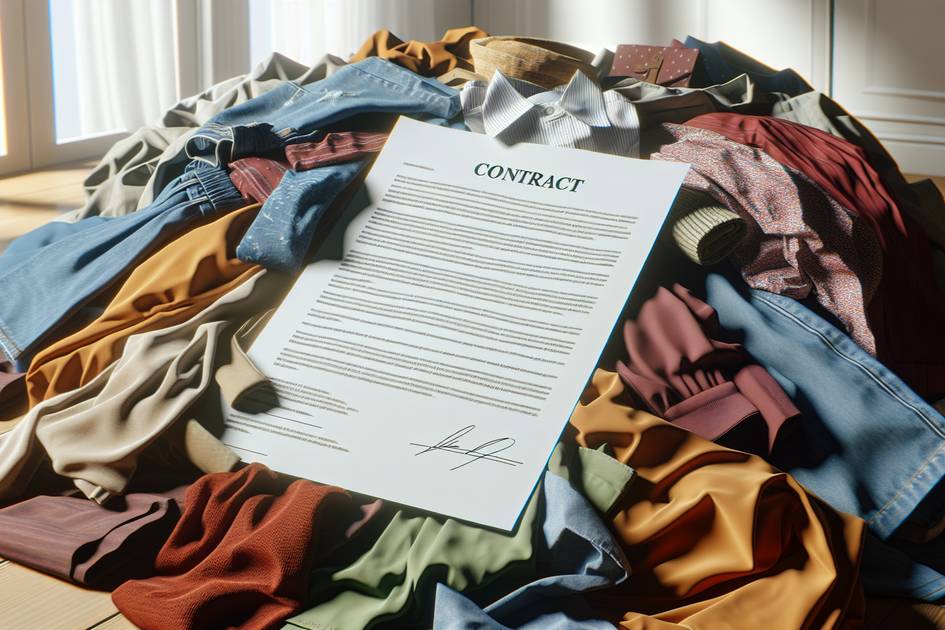In March 2023, sisters Parvathi and Janaki, both in their 20s, visited a Foxconn-run plant in southern India after reading job postings on WhatsApp. Upon arrival, a security guard at the main gate turned them away after asking, “Are you married?” During an interview in her local shanty town, Parvathi explained, “We didn’t get the jobs because we are both married.” She added, “Even the auto-rickshaw driver who took us from the bus stand to the Foxconn facility told us they wouldn’t take married women, but we thought we would still give it a shot.”
A Reuters investigation revealed that Foxconn, an Apple supplier, has routinely denied jobs to married women at its largest iPhone assembly factory in India. The tech giant justified this practice by claiming women have more domestic responsibilities than their male counterparts.
S. Paul, a former human resources executive at Foxconn India, noted that due to “cultural issues” and social pressures, Foxconn generally does not hire married women. Paul, who left the company in August 2023 for a better-paying position with a consulting firm, said that its leadership conveyed these recruitment guidelines to its hiring firms in India. These firms are responsible for prospecting, scheduling interviews, and hiring qualified individuals.
“Many Issues Post-Marriage”
Paul explained that Foxconn believes there are “many issues post-marriage,” including women having babies and the increased risk factors associated with hiring married women. His testimony was supported by four current and former Foxconn human resources officials and 17 workers from more than 12 Foxconn employment firms in India. Of these, 12 spoke to Reuters under the condition of anonymity.
The agents and Foxconn HR sources confirmed that married women were not hired at the Sriperumbudur plant near Chennai due to concerns about pregnancy, family responsibilities, and more significant absences. Additionally, many respondents mentioned that married Hindu women’s jewellery could disrupt workflow.
Inconsistent Enforcement of the Ban
However, according to three former HR officials at Foxconn, the ban on hiring married women can fluctuate. During high-production periods, the Taiwan branch of the company often experiences labour shortages and thus loosens its policy. Recruiting companies occasionally assist female candidates in hiding their marital status to secure employment.
Apple and Foxconn Respond
In response to questions from Reuters, Apple and Foxconn acknowledged shortcomings in their hiring procedures in 2022 and claimed to have taken steps to address these issues. However, the discriminatory actions at the Sriperumbudur factory that Reuters documented occurred between 2023 and 2024. Neither company indicated whether any 2022 violations were related to recruiting married women.
Although hiring practices based on marital status are legal in India, Apple and Foxconn’s policies prohibit such discrimination in their supplier chains. In response to the Reuters investigation, Apple stated that Foxconn employs some married women in India and maintains the “highest supply chain standards in the industry.”
“When concerns about hiring practices were first raised in 2022, we immediately took action and worked with our supplier to conduct monthly audits to identify issues and ensure that our high standards are upheld,” Apple said. “All of our suppliers in India hire married women, including Foxconn.”
Foxconn also released a statement that “vigorously refutes allegations of employment discrimination based on marital status, gender, religion, or any other form.”
Broader Implications
This investigation into Foxconn’s hiring practices highlights broader employment discrimination issues within major global supply chains. While legal in India, such practices contradict the ethical standards espoused by multinational corporations like Apple. The situation underscores the importance of continuous oversight and enforcement of non-discriminatory policies to ensure fair employment opportunities for all individuals, regardless of marital status.
The revelations about Foxconn’s employment practices call for greater scrutiny and possibly reformation of hiring policies to align with global standards of equality and fairness. As companies like Apple strive to uphold high ethical standards, ensuring that their suppliers adhere to these principles is crucial for maintaining credibility and trust in the global market.







